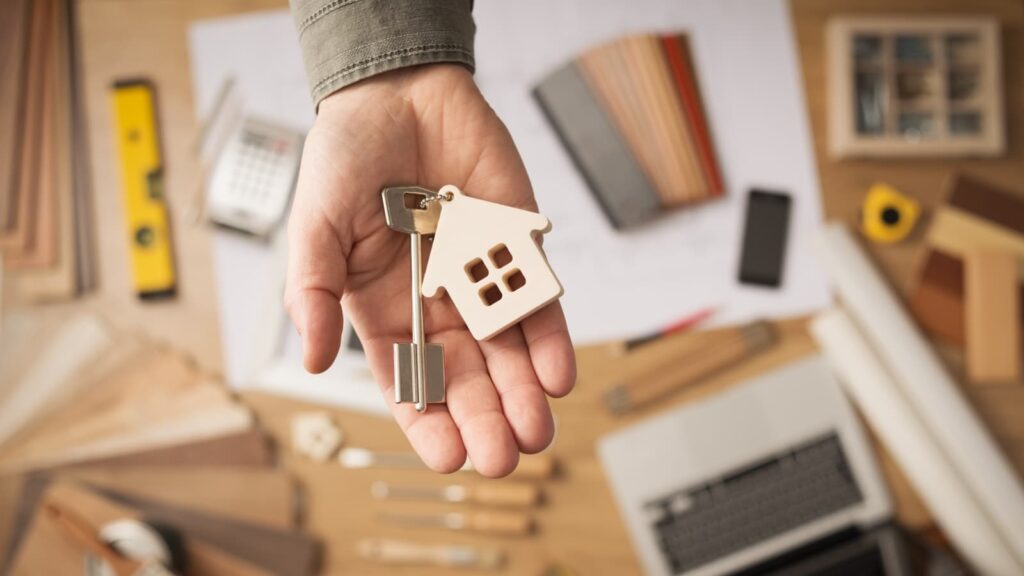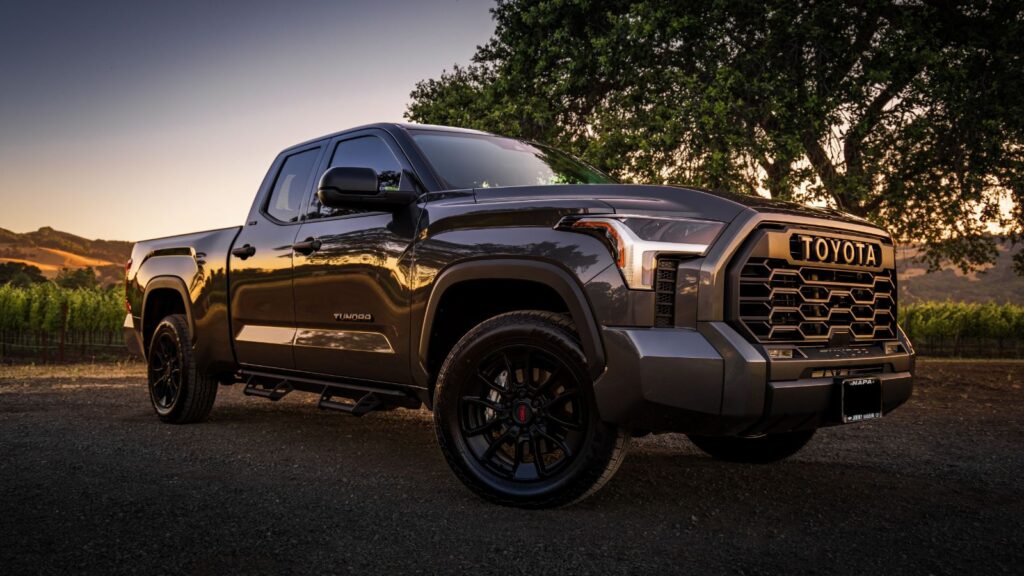The housing market is set to face some changes in 2024, particularly as certain types of homes will fall in value. If you’re considering buying or selling, knowing which homes might not hold their worth is important. Here are 18 homes that are likely to fall in value this year and why.
Large Suburban Homes
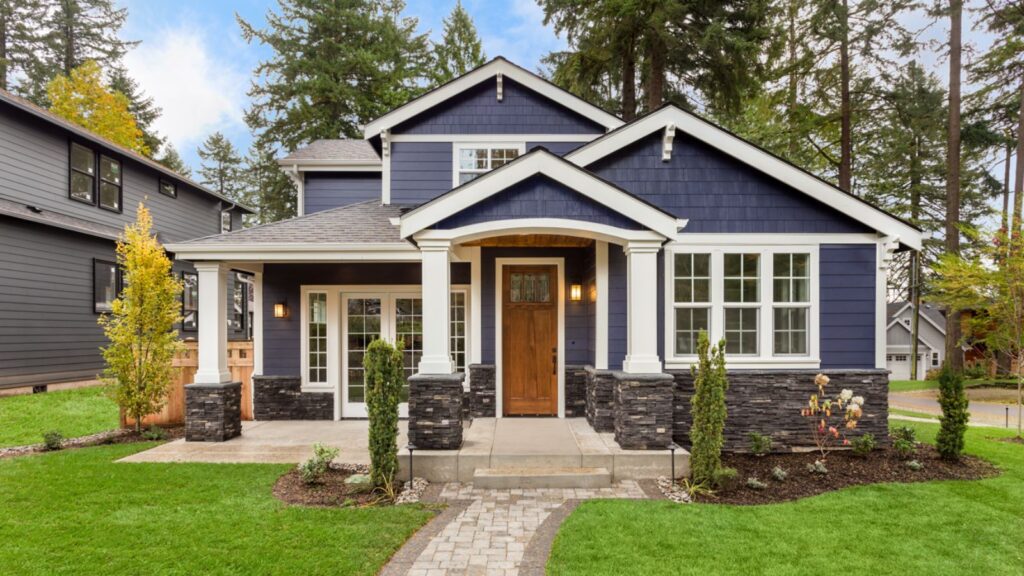
More people are looking for affordable and convenient homes, so there’s less demand for large suburban homes. These houses often come with higher utility and maintenance costs, which may push away people looking for cheaper living options. Urban areas are also expanding, so the appeal of suburban areas is declining.
Tiny Homes
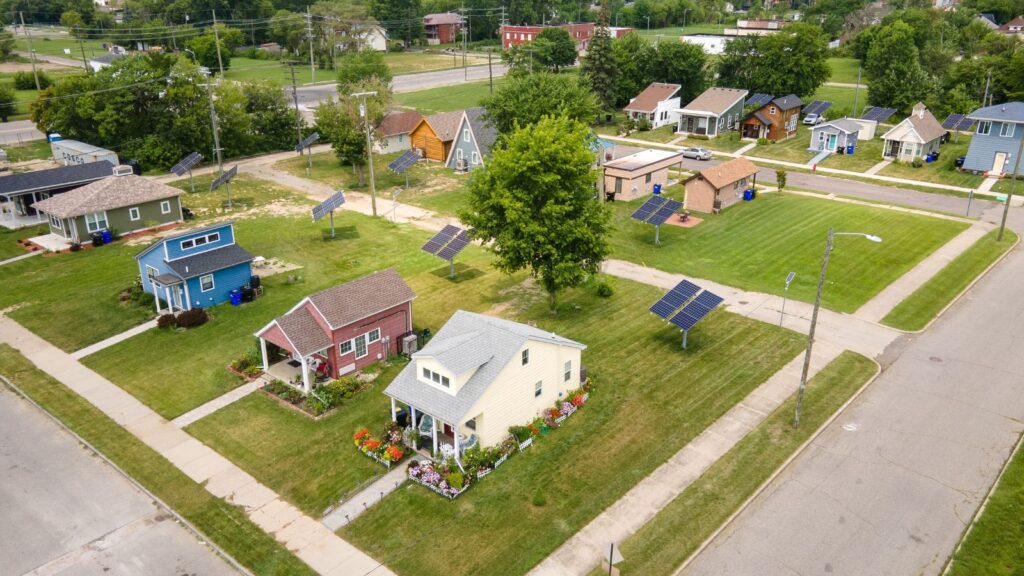
Tiny homes were a big trend for a while, but they’ll probably lose their value this year. The novelty is wearing off, and practical issues like limited space and zoning restrictions are becoming clearer. Living in such small spaces isn’t always sustainable, especially for growing families or those who need more room for remote work setups.
Older Condos
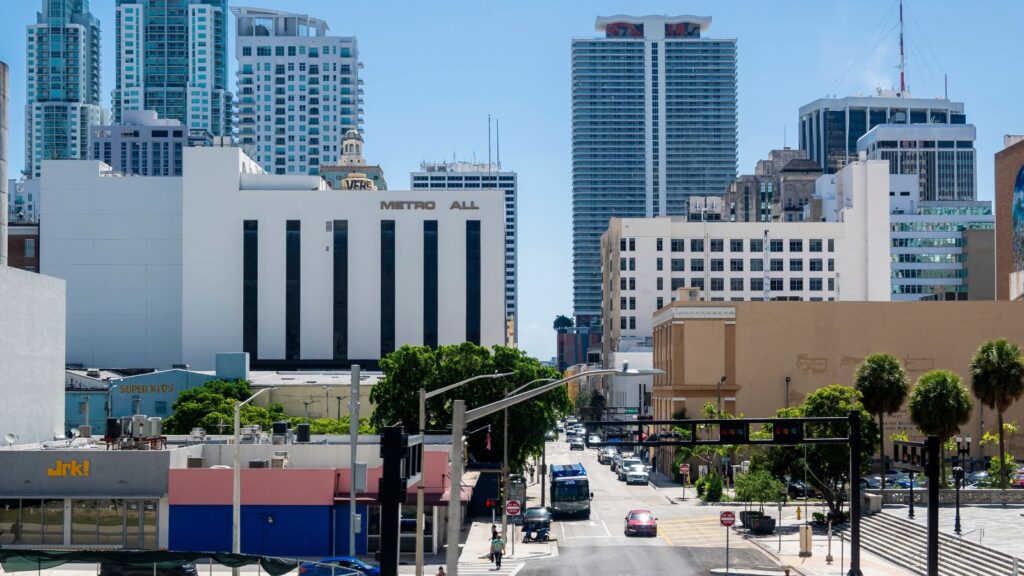
Older condos, especially those without modern amenities or that need serious repairs, will probably fall in value. As newer and more efficient buildings come onto the market, these older structures aren’t as appealing. After all, do you really want to sink your money into a property needing continual investment?
Homes in Flood Prone Areas
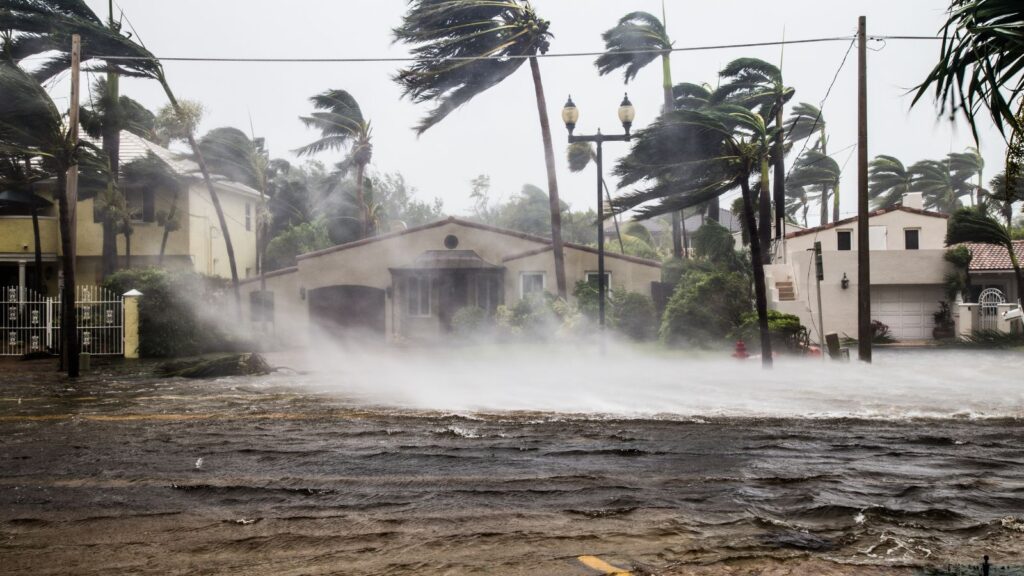
There’s no denying that climate conditions are worsening, meaning homes in flood-prone areas will likely decline in value. Buyers are becoming more cautious about these risks because freak weather can damage their property, and insurance is more expensive. The threat of more frequent severe weather events makes these properties riskier investments than ever before.
Coastal Homes
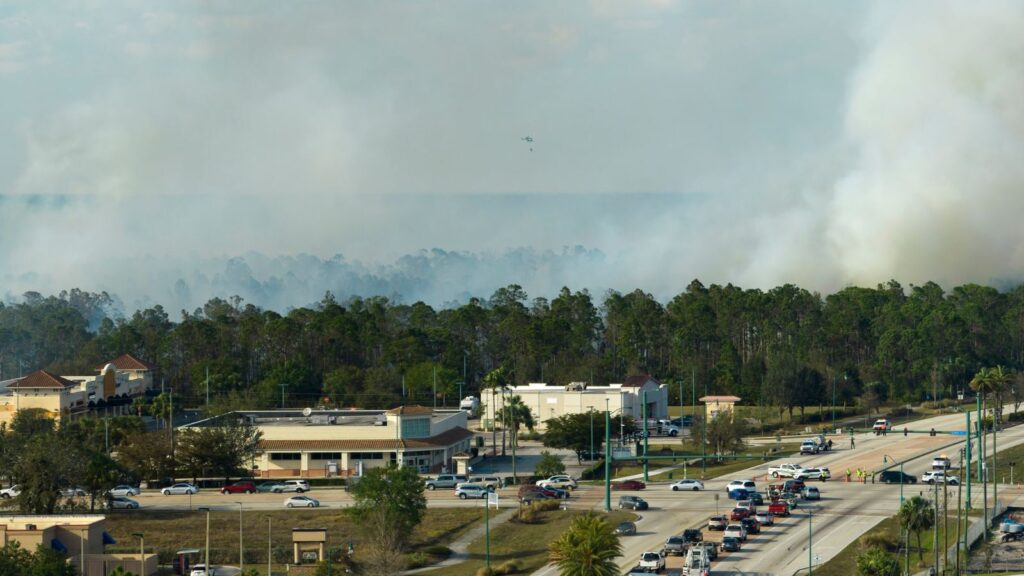
Similarly, homes in coastal areas, like North Port and Cape Coral in Florida, will probably fall quite a bit in value. Unfortunately, the increase in these property prices during the pandemic was only temporary. The increasing risks of climate disasters and expensive home insurance mean these properties are less desirable.
Energy Inefficient Houses
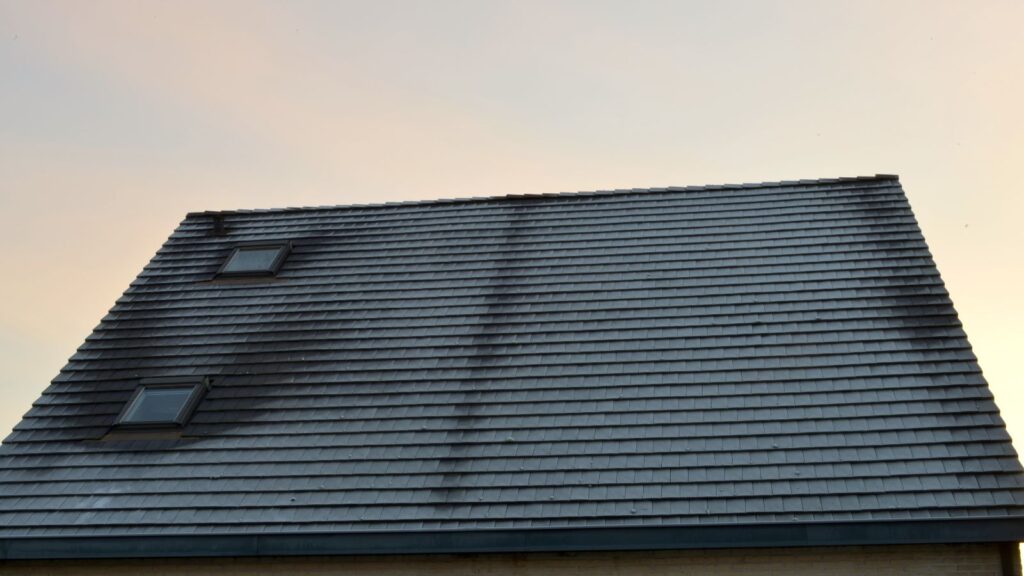
We’re all trying to be more sustainable, and homes that aren’t energy efficient aren’t as appealing anymore. If a property has poor insulation or outdated heating systems, any buyers who care about energy costs and impact on the environment will stay away. Any changes to energy efficiency rules could mean these homes fail the new guidelines.
Properties Near Busy Highways
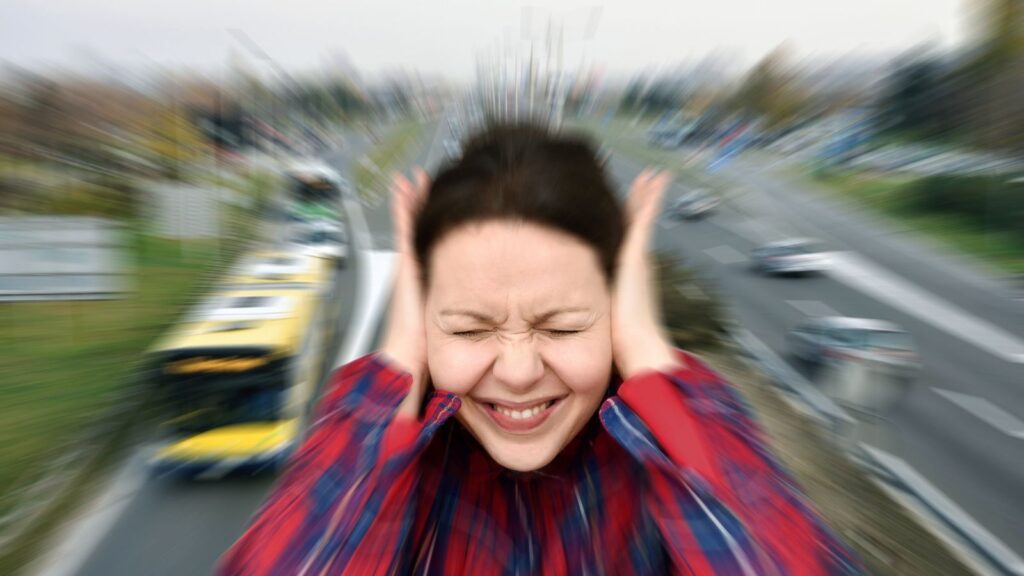
Noise and air pollution can drive down property values, and homes near busy highways suffer the most. The constant traffic pushes away buyers looking for a quieter place to live. If urban areas continue expanding, the amount of traffic will only increase, making these issues even worse.
Overpriced Urban Apartments
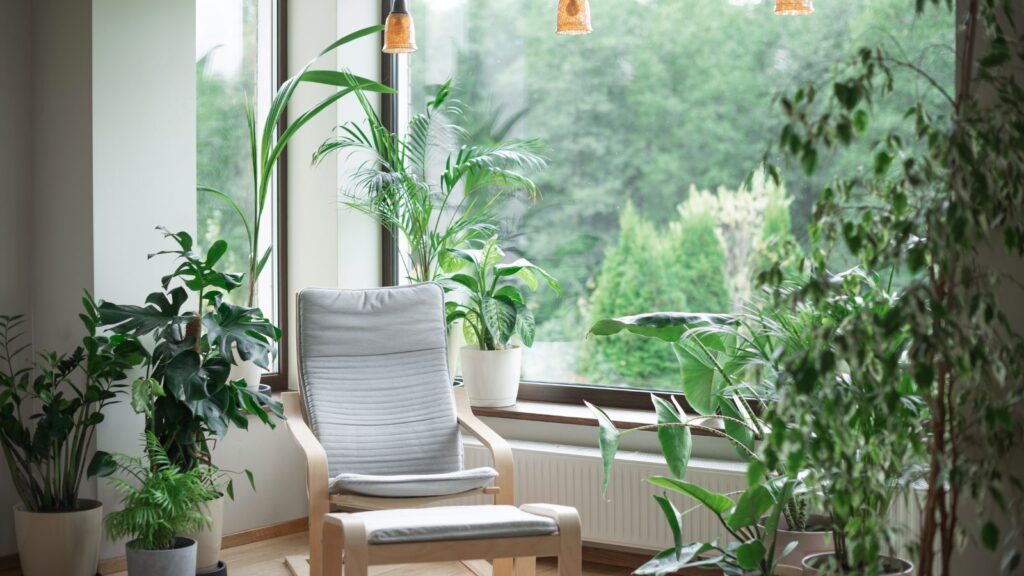
Any urban apartments without competitive prices are going to struggle in the market. Remote work is becoming more popular, meaning that the premium on city living might not be as appealing as it once was. Unless they’ve got state-of-the-art amenities or something unique about them to justify their high costs, they will likely fail on the market.
Homes With Outdated Designs
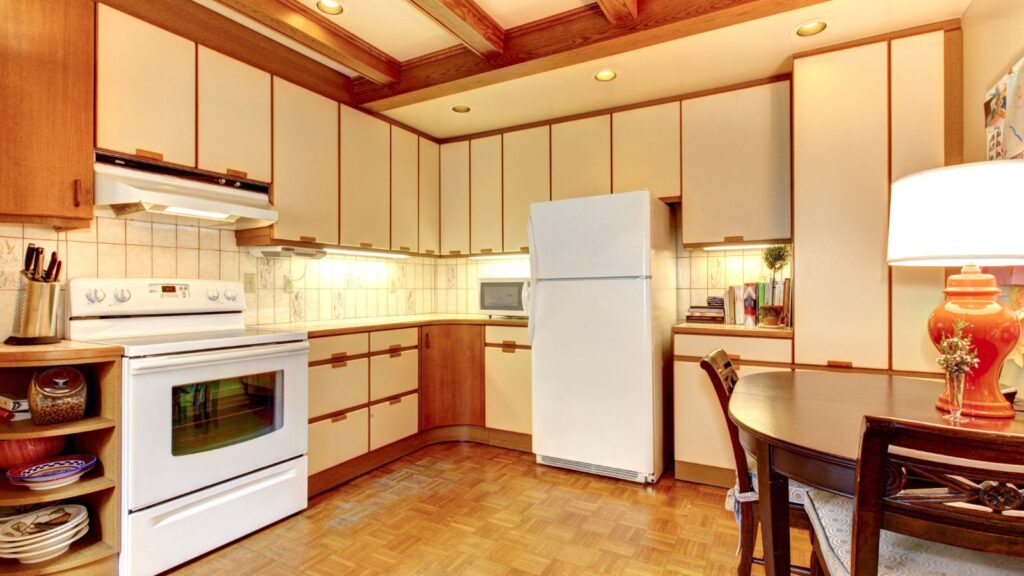
What’s old isn’t always gold, and any homes with outdated designs will probably fall in value. You’ll need a lot of money to modernize these homes, and many people in the market for a home aren’t willing to pay for this. They want turnkey properties that don’t require much work, which disadvantages dated homes.
Vacation Homes in Remote Areas
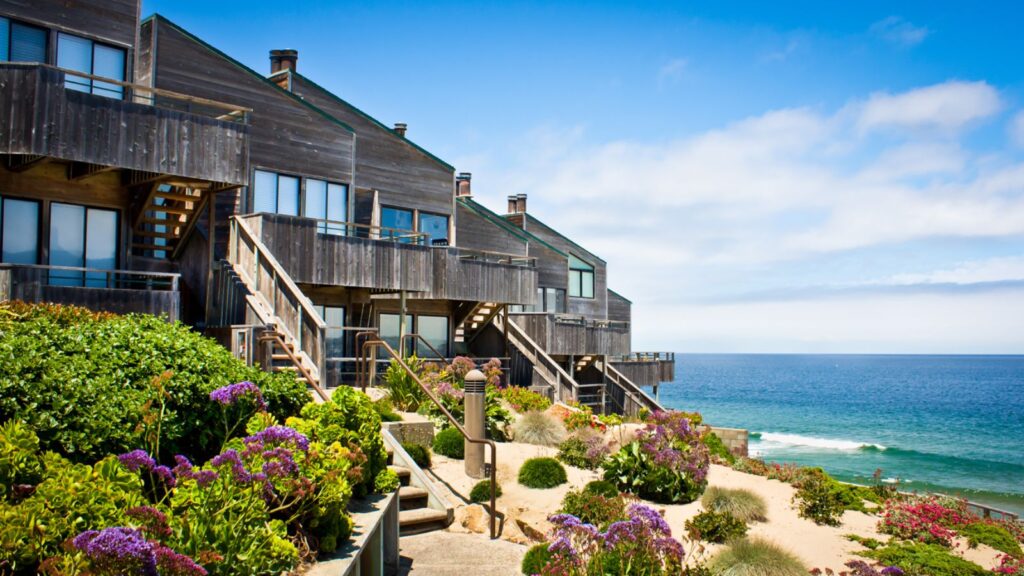
Once upon a time, secluded homes were all the rage, but the inconvenience of travel and upkeep has made them unpopular. Nobody wants to travel for hours just to get to the nearest city or grocery store. People’s attitudes towards vacations are also changing, with more people preferring shorter, more frequent getaways, so owning a remote vacation home seems pointless.
Homes Without Internet Access
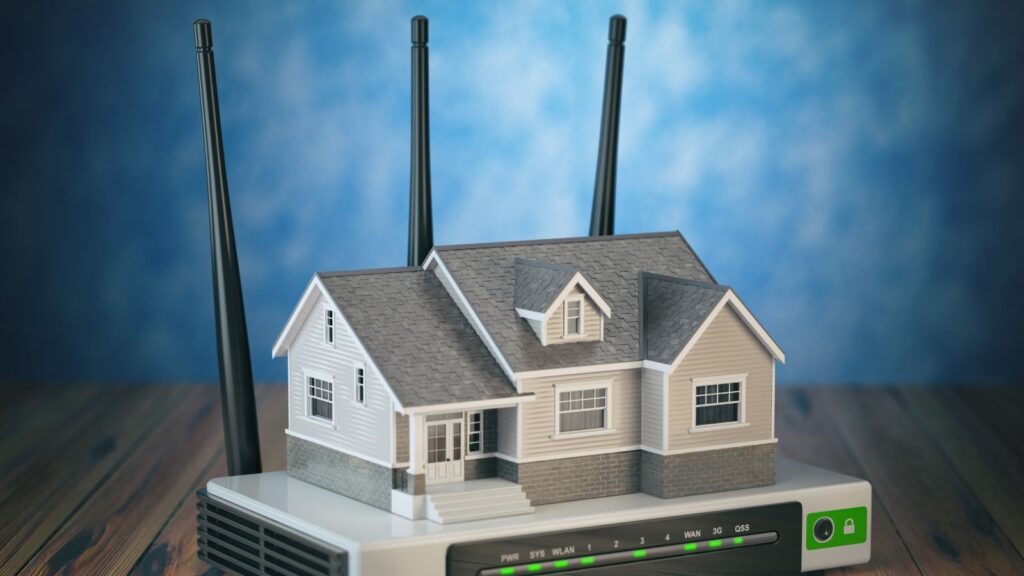
A house without reliable internet access is a tough sell, especially if you work remotely. So many people think that being connected is a necessity, so homes that lack this will struggle to attract buyers. According to research, around 14.4 million homes aren’t connected to the Internet, which could mean a lot of homes are sitting on the market.
Homes in Poor Neighborhoods

Nobody wants to live in a neighborhood with economic issues, increasing crime rates, or declining public services. Buyers often hesitate to invest in areas where future growth prospects seem bleak, as they’re worried their property’s value will continue to fall. They’re unlikely to buy a property in a place that doesn’t look like it’s doing well.
Single Purpose Residential Properties
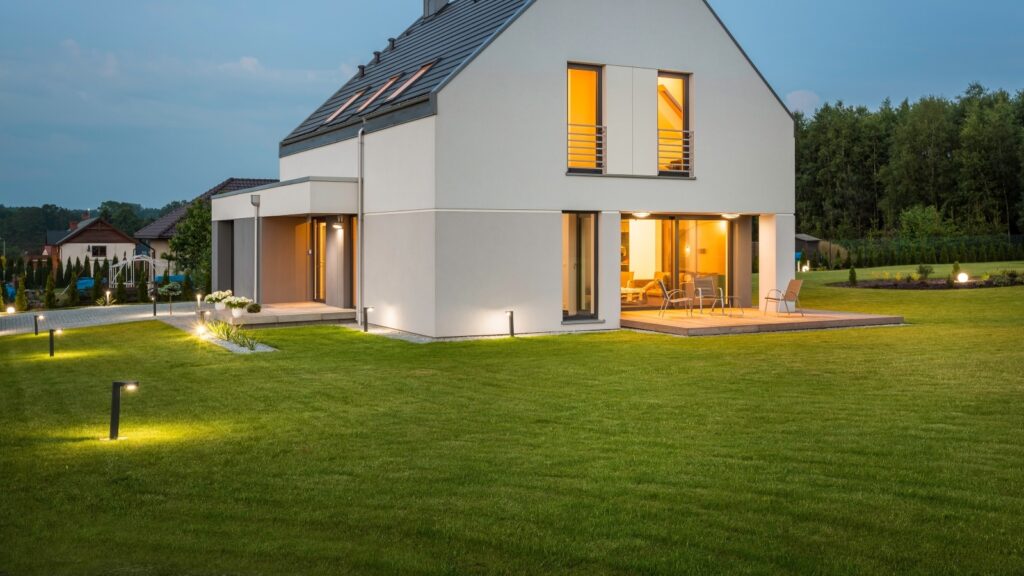
Any homes that were designed with a specific layout or created with one use in mind won’t appeal to a broad market, making them harder to sell at a high value. It’s also hard to remodel these homes for another purpose. This limits their appeal to buyers looking for flexibility in their living spaces.
Houses With Complicated Floor Plans
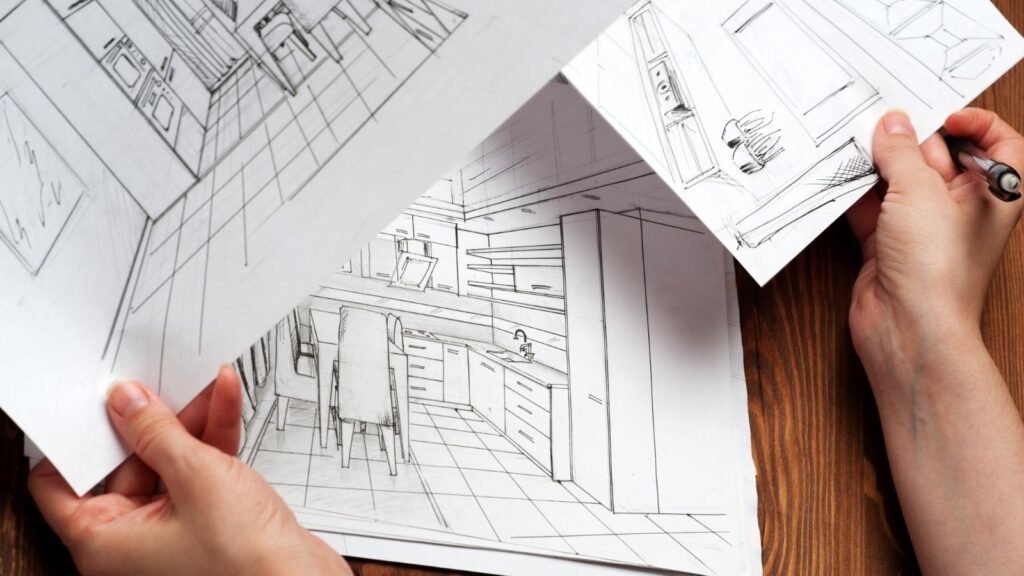
Complicated or unconventional floor plans can be a tough sell. Most buyers look for homes with a logical flow, which makes living and potential future sales easier. If you’re entertaining people regularly, a confusing layout isn’t worth it because it can make the space feel less welcoming and functional.
Homes With No Outdoor Spaces

Many people value outdoor space, especially after the pandemic. Many buyers are looking for fresh air at home, and they’ll avoid properties without balconies, patios, or yards. Even just having a small outdoor area can increase a property’s appeal and value in today’s market.
Houses With High Property Taxes
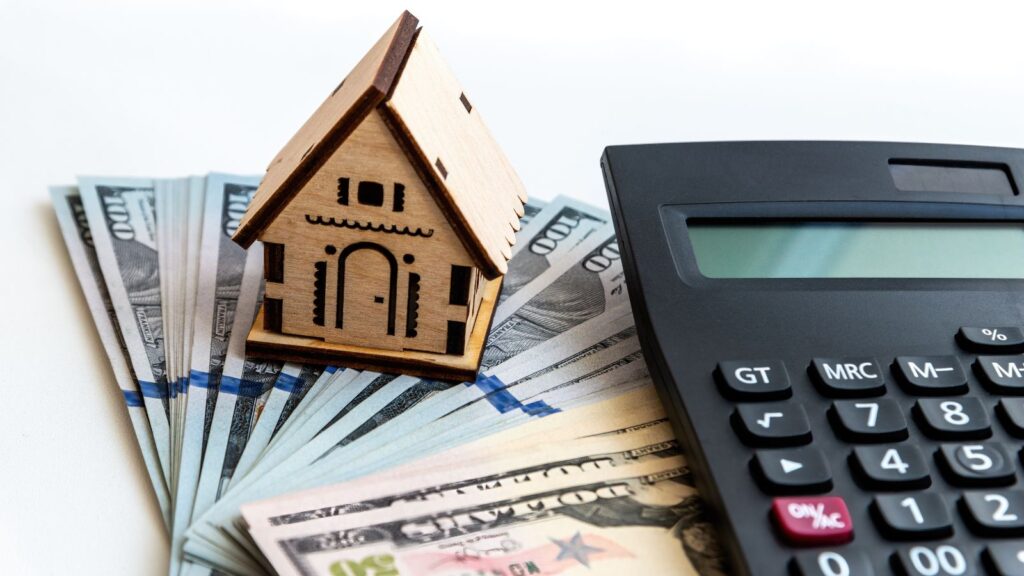
High ongoing costs, like property taxes, can make a home less appealing, and buyers are looking for properties with more manageable finances. High taxes use up a lot of a homeowner’s budget, making less expensive places more attractive in comparison. With property taxes increasing in many places, it’s no surprise these homes are losing value.
Manufactured Homes
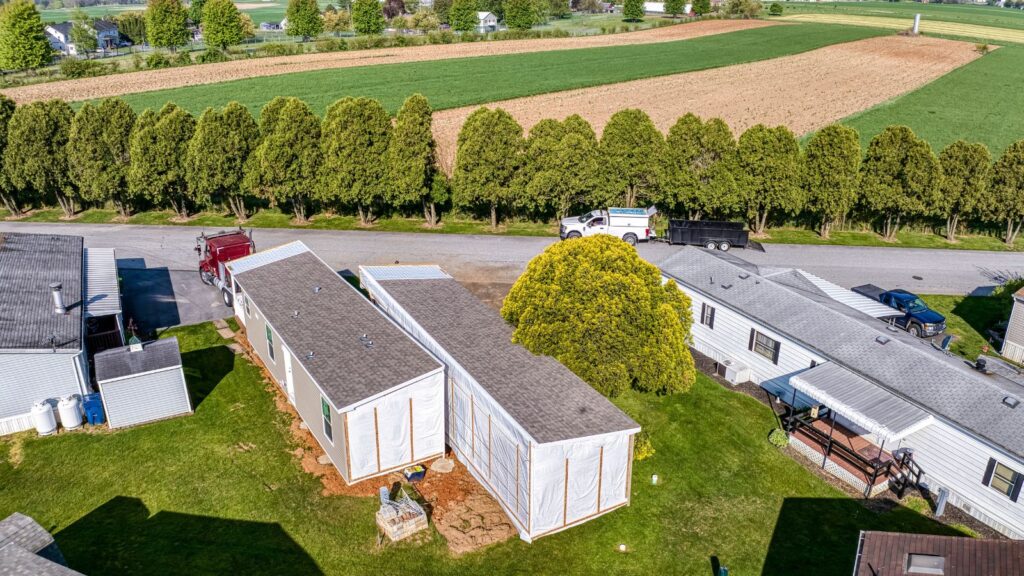
Although they might be affordable, manufactured homes depreciate more quickly than traditional homes. If they’re not permanent fixtures to the land owned by the home buyer, then their value will fall even faster. Research shows that this type of housing faces stigma in the real estate market, which affects their resale value and buyer interest.
Homes in Areas With Declining School Districts

Good school districts are important for many homebuyers, especially families with children or those planning to have some. If a neighborhood’s schools aren’t doing so well or facing budget cuts, homes in that area don’t seem that attractive anymore, pushing potential buyers to look elsewhere.
19 Grim Realities of Dating After 50 That Are Often Overlooked

19 Grim Realities of Dating After 50 That Are Often Overlooked
26 Things That Will Be Extinct Because Millennials Refuse to Buy Them

26 Things That Will Be Extinct Because Millennials Refuse to Buy Them
24 Outdated Slang Terms You Absolutely Shouldn’t Be Using Anymore

24 Outdated Slang Terms You Absolutely Shouldn’t Be Using Anymore
25 Hardest Parts About Getting Older That No One Ever Talks About

25 Hardest Parts About Getting Older That No One Ever Talks About

